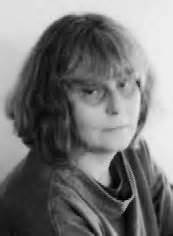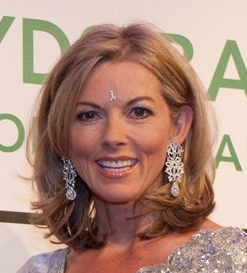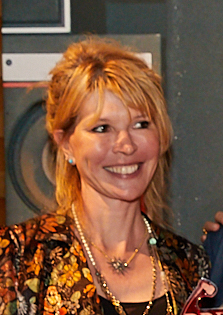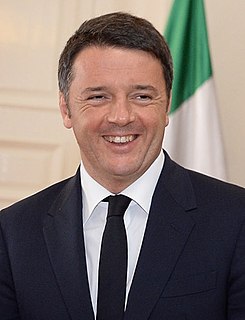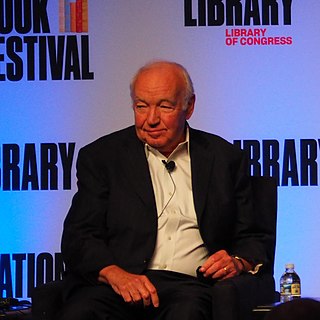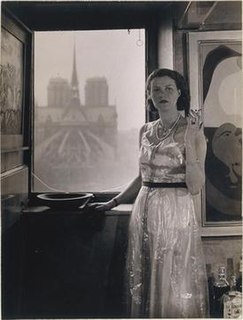A Quote by Jan Mark
When writers for adults contemplate Venice, they behold decay, dereliction and death. Thomas Mann, Daphne du Maurier, L. P. Hartley and Salley Vickers have all dispatched hapless protagonists to Italy, where they see Venice - and die.
Related Quotes
... in the eyes of its visitors, Venice has no reality of its own. Anyone visiting the place has already seen so many pictures of it that they can only attempt to view it via these clichés, and they take home photographs of Venice that are similar to the ones they already knew. Venice [is] becoming like one of those painted backdrops that photographers use in their studio.
First, my frame of reference for the Britten opera shifted. I'd always thought of Britten's approach in Death in Venice as another exploration of the plight of the individual whose aspirations are at odds with those of the surrounding community: his last opera returning to the themes of Peter Grimes. As I read and listened and thought, however, Billy Budd came to seem a more appropriate foil for Death in Venice.
As I read Mann in German for the first time, the full achievement - both literary and philosophical - of Death in Venice struck me forcefully, so that, when I was invited to give the Schoff Lectures at Columbia, the opportunity to reflect on the contrasts between novella and opera seemed irresistible.
